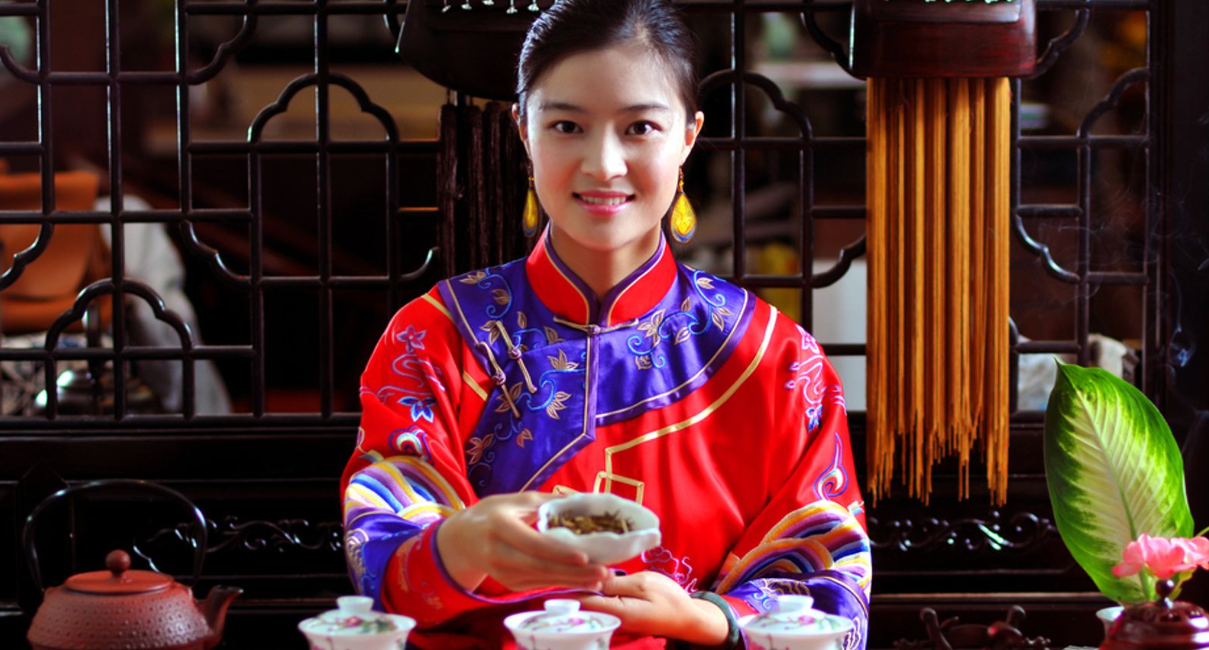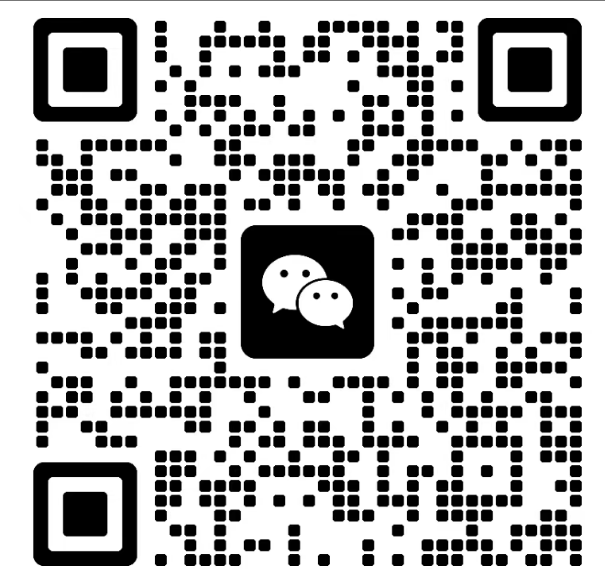Discover Authentic Chinese Tea Culture Experiences in Beijing
Beijing, the heart of China, isn’t just about the Great Wall or the Forbidden City. It’s also a treasure trove of authentic Chinese tea culture experiences. From traditional teahouses tucked in hutongs to hands-on tea ceremonies led by tea masters, visitors can immerse themselves in centuries of history, taste rare teas, and learn brewing techniques that have been passed down for generations. In this guide, we’ll explore the must-visit tea spots, practical tips, and insider knowledge to make your tea journey unforgettable.
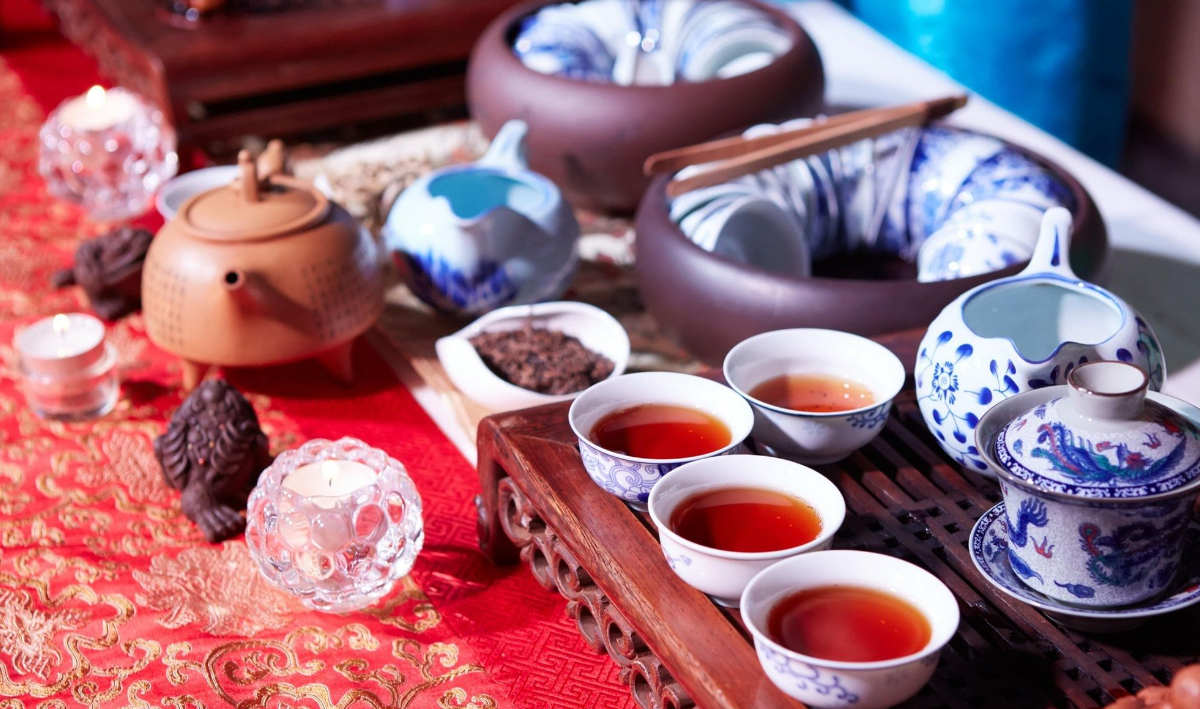
1. Exploring Beijing’s Iconic Teahouses: Traditional & Modern
Beijing offers a range of teahouses from centuries-old establishments to modern tea bars.
-
Hutong Teahouses:
-
Example: Lao She Teahouse, established in 1988, seats 200 guests, offers traditional Beijing opera performances.
-
Tip: Arrive 15 minutes early to secure a good seat for performances.
-
-
Modern Tea Bars:
-
Example: TRB Tea, located in Chaoyang District, features rare teas like Da Hong Pao (price approx. $50/30g) and guided tasting sessions.
-
-
Visitor Tips:
-
Average teahouse spending: $10–$30 per person.
-
Peak hours: 2 PM–5 PM for quieter experiences.
-
2. Hands-On Tea Ceremony Experiences in Beijing
Participating in a tea ceremony is about more than drinking tea—it’s a cultural lesson.
-
Types of Tea Used:
-
Green tea (Longjing, $15/50g)
-
Oolong tea (Tieguanyin, $20/50g)
-
Pu’er tea (aged 5–10 years, $40/50g)
-
-
Step-by-Step Experience:
-
Wash your hands and cups (purification ritual).
-
Smell and appreciate the dry leaves.
-
Brew with precise water temperature (70–80°C for green tea, 95°C for oolong).
-
Taste mindfully, noting aroma, color, and mouthfeel.
-
-
Pro Tip: Ask for Gongfu-style brewing; it emphasizes multiple short infusions, enhancing flavor complexity.
3. Learning from Tea Masters: Workshops and Classes
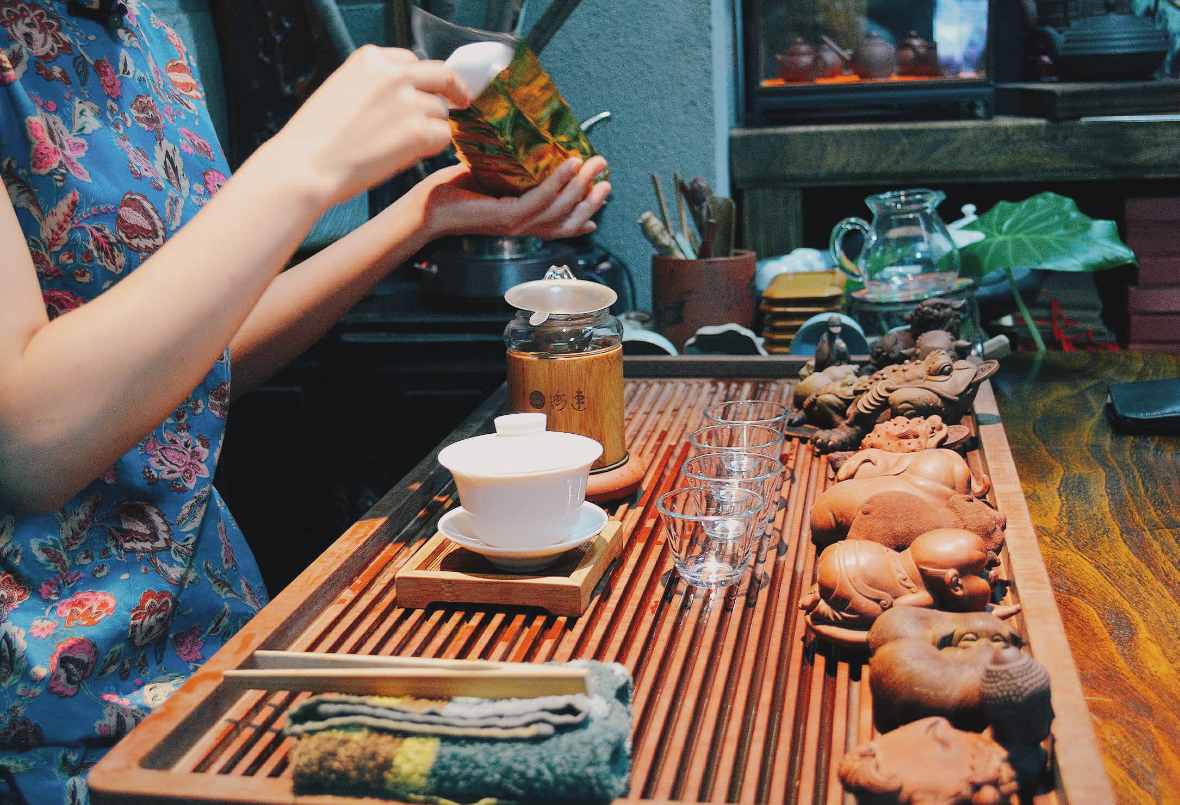
Beijing has several institutions offering structured tea education.
| Workshop/School | Duration | Price | Key Focus |
|---|---|---|---|
| Beijing Tea Art Academy | 2 hours | $35 | Traditional Gongfu brewing, tea history |
| Dragon Tea Club | 1 day | $60 | Tea tasting, tea appreciation, pairing tea with snacks |
| Cha Dao Studio | 3 hours | $50 | Hands-on ceremony, mindfulness practice |
-
Data Insight: According to the Beijing Tourism Bureau 2023, tea workshops have grown by 18% year-on-year, reflecting increasing interest among foreign travelers.
4. Exploring Local Tea Markets for Authentic Teas
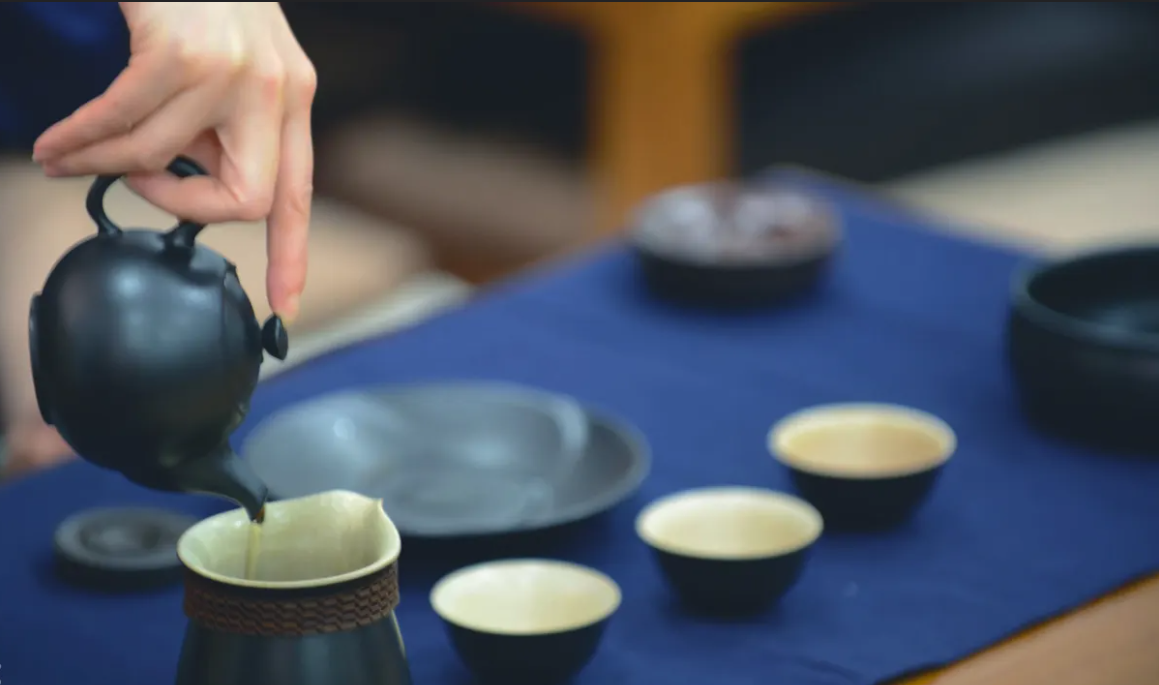
No tea experience is complete without visiting Beijing’s tea markets.
-
Famous Markets:
-
Maliandao Tea Market: Over 800 shops, specializes in Pu’er, green tea, and rare teas.
-
Guanghua Road Market: Best for tea accessories, teapots, cups, and brewing tools.
-
-
Shopping Tips:
-
Bargain range: 5–20% off listed price.
-
Ask for brewing advice; vendors often provide free demonstrations.
-
FAQ: Chinese Tea Culture in Beijing
Q1: How much should I budget for a typical tea experience?
A: Expect $10–$60 per person depending on teahouse, ceremony, or workshop.
Q2: Are tea ceremonies suitable for beginners?
A: Absolutely. Most workshops are beginner-friendly, with step-by-step guidance.
Q3: What’s the best time of year for tea experiences in Beijing?
A: Spring (March–May) is ideal; fresh green teas are in season.
Q4: Can I buy rare teas to take home?
A: Yes, markets like Maliandao offer international shipping, but check local customs regulations.
Q5: Are tea experiences kid-friendly?
A: Some teahouses welcome children, but workshops focused on tasting are better for adults.
Conclusion:
From sipping rare teas in historic teahouses to mastering Gongfu brewing with a tea master, Beijing offers a rich tapestry of Chinese tea culture. Whether you’re a casual traveler or a serious tea enthusiast, the city provides experiences that are both educational and sensory. Next time you visit, will you choose a quiet hutong teahouse or a hands-on workshop with a tea master?
